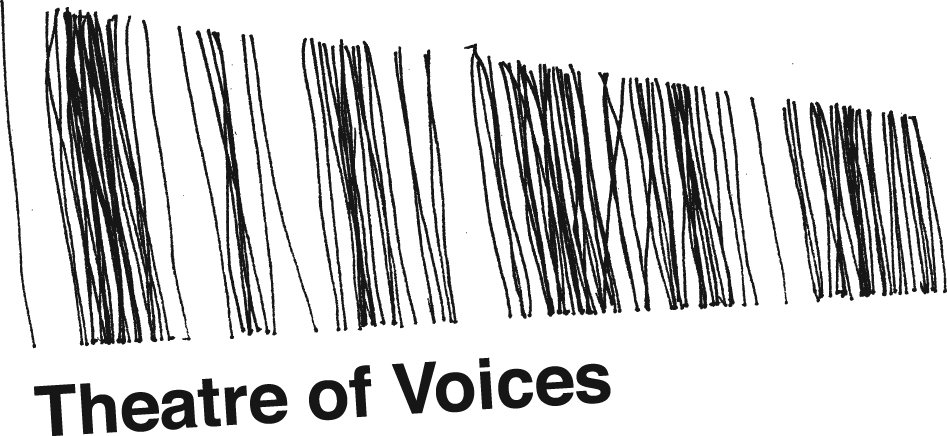Giacomo Carissimi: Abraham et Isaac
Girolamo Frescobaldi: Partite sopra l'aria di Romanesca (Il primo libro di toccate, 1637)
Giacomo Carissimi: Jephte
David Lang: The Little Match Girl Passion
Although this concert features music from the 17th and 21st centuries, all three vocal works in it have strong elements in common. Thematically they each tell a story about parents and their children. The two Carissimi works focus on sacrifice - not the modern concept of parents ‘making sacrifices’ for their children, but about fathers placed in a position where they must actually offer their own child for sacrifice. In Abraham and Isaac the sacrifice is averted; the tale is thus a happy one. In Jephte it is not averted, and for a modern audience the story is pure tragedy - most of us will have little sympathy for Jephte’s resolution in honouring his vow.
By contrast, The Little Match Girl Passion feels bitterly contemporary, although it is based on a tale by Hans Christian Andersen written 150 years ago. Here a daughter is sacrificed by her parents out of sheer neglect and loveless selfishness. The only element of redemption comes, not from any religious sentiment, but from the match girl’s vision of her grandmother, which comforts her as she loses conciousness and freezes to death.
But the three works share something further in that they may be called oratorios. A few years ago I started commissioning new works from various composers, asking them to tell a story, and to use a small group of singers who take individual roles, but who also narrate, and at various moments join together as a chorus to introduce or comment upon the narrative.
In this way I was seeking deliberately to revive the original model of the oratorio, but now reconceived for the modern secular world in which singers primarily give public concerts. It is therefore a very natural step in this process to unite one of these new works (David Lang’s) with two of Carissmi’s oratorios from the early period of oratorio composition.
Eventually, of course, oratorios became much larger in scale: one thinks of Handel’s Messiah, the Bach Passions, and the many substantial works over the next two centuries for soloists, choir, and orchestra. But the early 17th-century oratorio was essentially devotional chamber music, performed (particularly in Rome) at buildings reserved for prayer meetings - called “oratorios”. Giacomo Carissimi (1605-74) is widely regarded as the most important early composer of oratorios, though it would be fair to say that the first significant composer in the genre was G. F. Anerio (ca.1567-1630). Anerio was a pupil of Palestrina, but embraced the new declamatory style in dialogues expressly written for the oratorio established in Rome by St Philippe Neri (1515-95).
Else Torp, soprano (Jephte’s daughter, Lang)
Bente Vist, soprano (Isaac)
Miriam Andersén, mezzo (Lang)
Chris Watson, tenor (Lang)
Julian Podger, tenor (Abraham, Jephte)
Jakob Bloch Jespersen, bass (Deus, Lang)
Allan Rasmussen, organ
Sound design: Ian Dearden
Paul Hillier, artistic director
